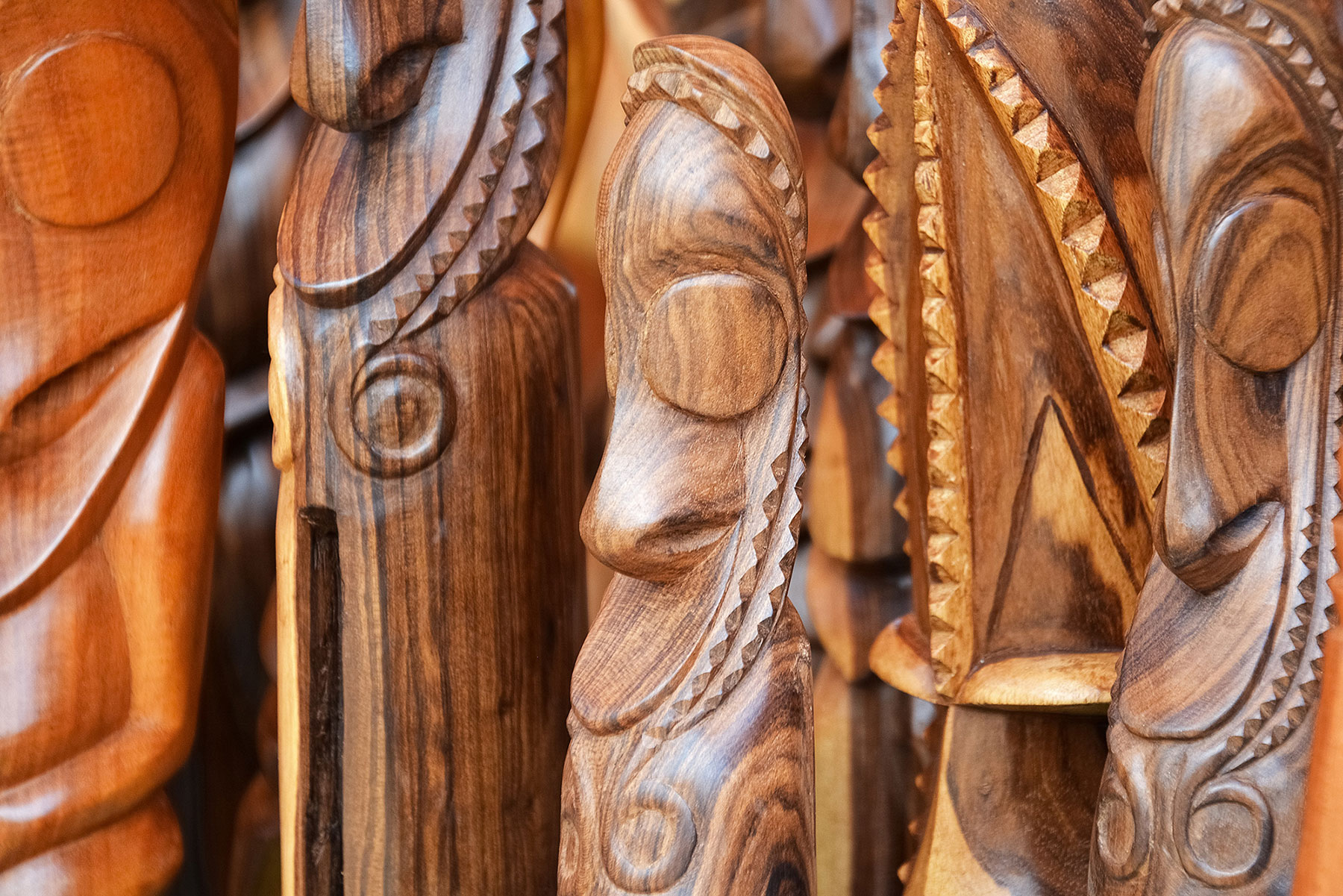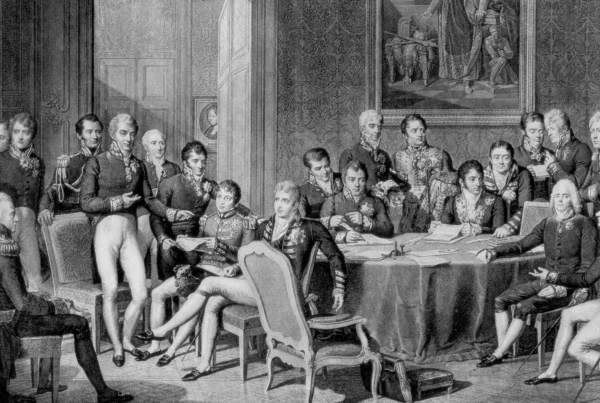Amidst a decade-long post-colonial ethnic reconciliation process, New Caledonia’s destiny within or outside France will be decided by a third and final referendum in 2022. With issues such as economic and agricultural self-reliance at the center of the debate, New Caledonia’s choice appears to stand at a crossroad of the geopolitics of the Asia-Pacific Region.
Gaetan Castillon, 03 March 2021
Charles de Gaulle famously once said about France: “How can one govern a country which has 246 varieties of cheese?”
This love of the French for both insubordination to authority as well as for their prized dairy products has reached the South Pacific archipelago of New Caledonia. This former penal colony nicknamed “French Australia” or “The Rock” has been an autonomous overseas territory under French administration since 1853. It suffers from the high price of costly imported food. In 2014, a pioneering cheese factory opened on the archipelago, enabling the 280,000 New Caledonians, like the rest of the French, to enjoy affordable and locally produced Camembert. However, it is precisely whether its population wishes to remain French that has dominated New Caledonian politics for decades. Beneath heartwarming anecdotes of locally produced cheeses lie deeper questions of domestic food production and economic self-reliance that stand at the heart of the 2022 independence referendum.
Three independence referenda are the culmination of a decade-long process which started in the 1980’s when the Melanesian “Kanak” population progressively rioted against the French state’s authority and its European settler population. After years of violence that scarred both New Caledonia and the French Republic, separatists, and loyalists, the French state convened in 1988 to negotiate a reform agenda that sought to create a peaceful common destiny for the archipelago. Along with economic redistribution and cultural recognition to the Melanesian population, the French government promised to hold three referenda that would settle the question of New Caledonia’s independence. These intensely negotiated and historically charged “Noumea accords” stated that New Caledonian independentists had the right to demand up to three separate and spaced out referendums to address the question of independence until 2022. Although New Caledonians have forged a path toward reconciliation in the three decades since the Kanak uprising, the political landscape of the archipelago is still deeply divided along ethnic lines. Melanesian Kanaks overwhelmingly favor independence, while Europeans and other immigrant communities support that New Caledonia should remain as French.
The first and second referendum were held in 2018 and 2020. The results were a weaker than expected “remain” vote with only 57% and 54% voting to remain within France in 2018 and 2020, respectively. These competitive results have given separatists hope that they can achieve independence in 2022. While New Caledonia already enjoys a large degree of autonomy from France, independence would sever already lax ties with Paris.
New Caledonia, blessed with a quarter of the world’s nickel reserves, already largely turns to China and Australia for its mining exports. Nevertheless, Paris’ presence remains strong through the billions it pours into New Caledonia’s chronic public deficit and subsidized mining industry, making it difficult for separatists to argue for independence.
However, the high cost of food and industrial goods flown in from France stands as a major argument for those in favor of independence, indicating a shift away from Paris and thus, by default, a turn towards Beijing and Canberra. Australian tourists combined with cheaper Chinese imports and agricultural self-reliance makes the prospect of independence much more economically viable than it is today.
With new Caledonian independence, France could face potential backlash in other overseas territories such as French Polynesia and French Guiana, where though much less vehement than in New Caledonia, the question of Independence still plays a large role in their relationship to Paris. But beyond a weakened French presence in the Pacific, New Caledonian independence would signal a larger geopolitical shift in the fight for influence in the Asia-Pacific region. By severing its historic colonial relationship with France, New Caledonia would choose further integration in its regional environment but also highly potentially fall in the arms of the People’s Republic of China (PRC).
Maritime claims in the south China Sea, Isolating the last Pacific island states that still recognize Taiwan (Palau, the Marshall Islands, Nauru and Tuvalu remain loyal to Taipei while Kiribati and the Solomon Islands switched allegiances to Beijing in 2019) and better access to natural resources in the context of the Belt and Road Initiative explains why Beijing takes any opportunity to weaken the West’s influence in the region. New Caledonia’s independence would provide another such opportunity for China. Beyond the symbolic loss of a postcolonial territory, France would lose a precious military base which is used as a platform for increased defense cooperation with Australia and the US. Within the framework of the US’ “pivot to Asia” Canberra and Washington are already on a collision course with the PRC’s goal to increase its influence in the region. The South Pacific is becoming the first line of defense of the 21st century geopolitical battlefield.
An independent New Caledonia would give China the opportunity to expand its influence while forcing the Western Alliance (US, France, Australia, UK) into opening a new political and economic frontline in a fight over the region. New Caledonian independence leader Roch Wamytan barely concealed this fact by declaring in October 2020: “We are not afraid of China. It was France, not China, that colonized us. [China] doesn’t bother us too much. […] We are not looking only to Europe as it is far from here, we are not going to act today as if China does not exist.” Despite all talk of independence and food sovereignty, not all French hopes are lost in New Caledonia. After all, according to De Gaulle’s maxim, what could make New Caledonians more Gallic than disobedience to French authority and love of locally produced cheeses?





